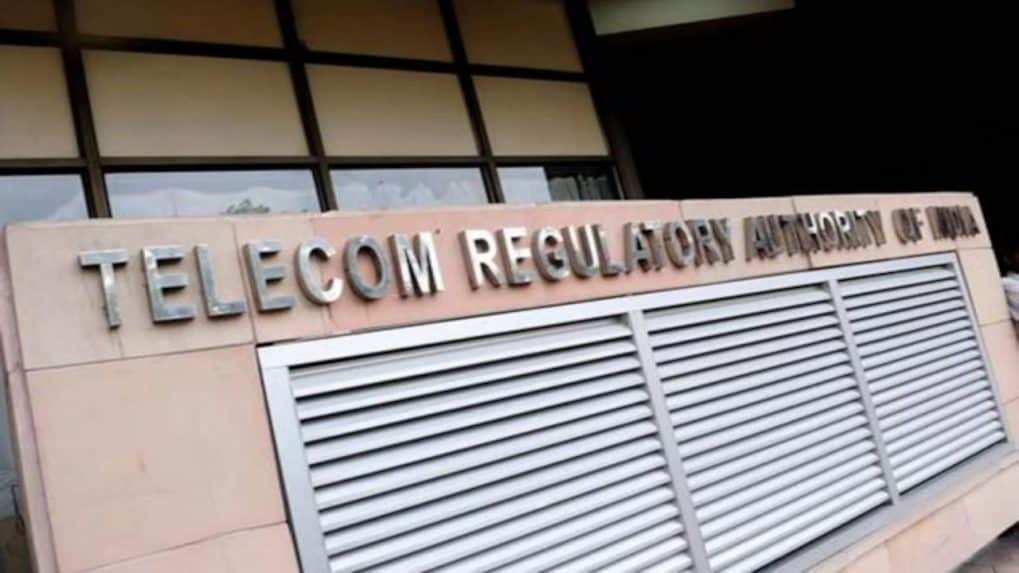TRAI to conduct open house on recommendations on regulatory mechanism for OTT apps
Last year, TRAI had released a consultation paper on the regulatory mechanism for OTT communication services and the selective banning of OTT services.
ADVERTISEMENT
The Telecom Regulatory Authority of India (TRAI) is working on recommendations on regulatory mechanisms of OTT apps, said its newly appointed Chairman, Anil Kumar Lahoti. The regulator is soon to conduct an open house to share its recommendations, highlighted CNBC Awaaz report.
The regulator last year had commenced the process to chalk out a regulatory mechanism for over-the-top (OTT) apps such as WhatsApp, Telegram, Signal, etc. It was also deliberating on the selective banning of OTT services— after the Department of Telecommunications (DoT) asked the regulator to reconsider its 2020 recommendations, wherein it was proposed that OTT services need not be regulated.
PD Vaghela, the outgoing Chairman of the regulatory body, last year shared that “In 2018, TRAI had recommended that there should be no regulation of OTT players. However, the last five years have seen several changes in the digital landscape.” He also then pointed out that telcos, not just in India, but across the globe, have been pushing for a mechanism under which OTT players compensate them.
Acknowledging the telcos’ argument that the increase in OTT traffic is causing network congestion, he mentioned that the increasing clamour from the telecom sector for compensation from OTT (over-the-top) content players needs to be balanced with providing room for growth for OTT providers.
It is to be noted that telecom service providers have been raising the issue of OTT compensation in public forums. They argue that they have to undertake vast expenses to develop massive telecom infrastructure networks. The pitch from telcos is that since OTT apps like Netflix, Amazon Prime Video, etc, are operating on telecom networks, they should pay for the use of said networks.
In July last year, TRAI issued a consultation paper on the regulation of OTT players. Telcos — Jio, Bharti Airtel, Vodafone Idea — have made submissions seeking a common regulatory framework for both OTTs and telcos.

